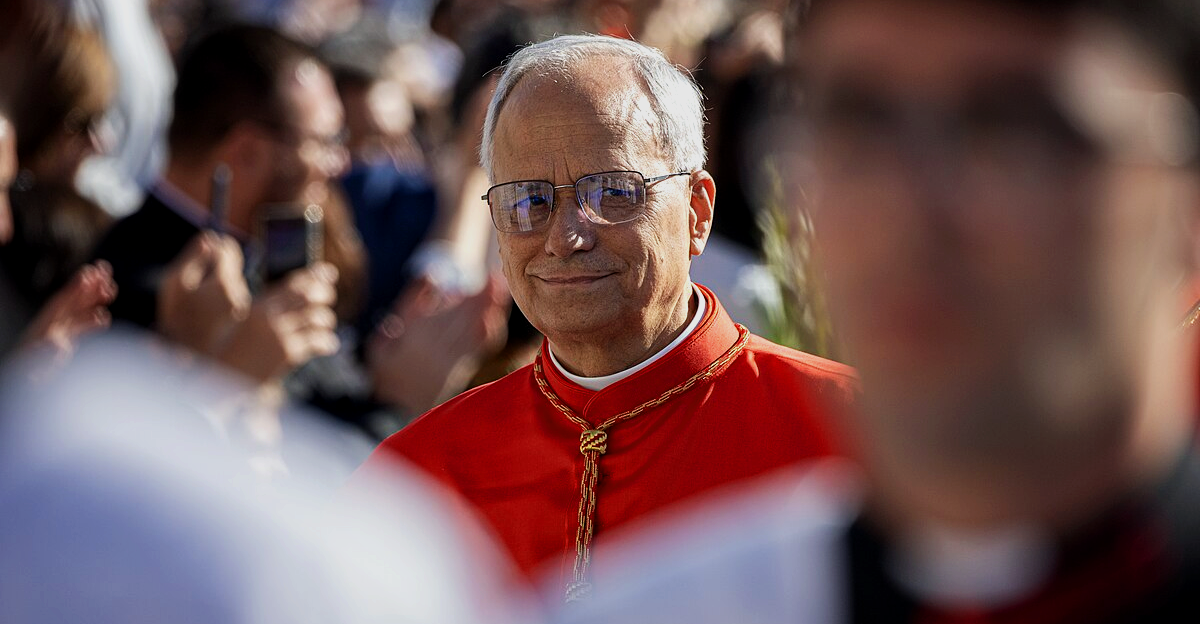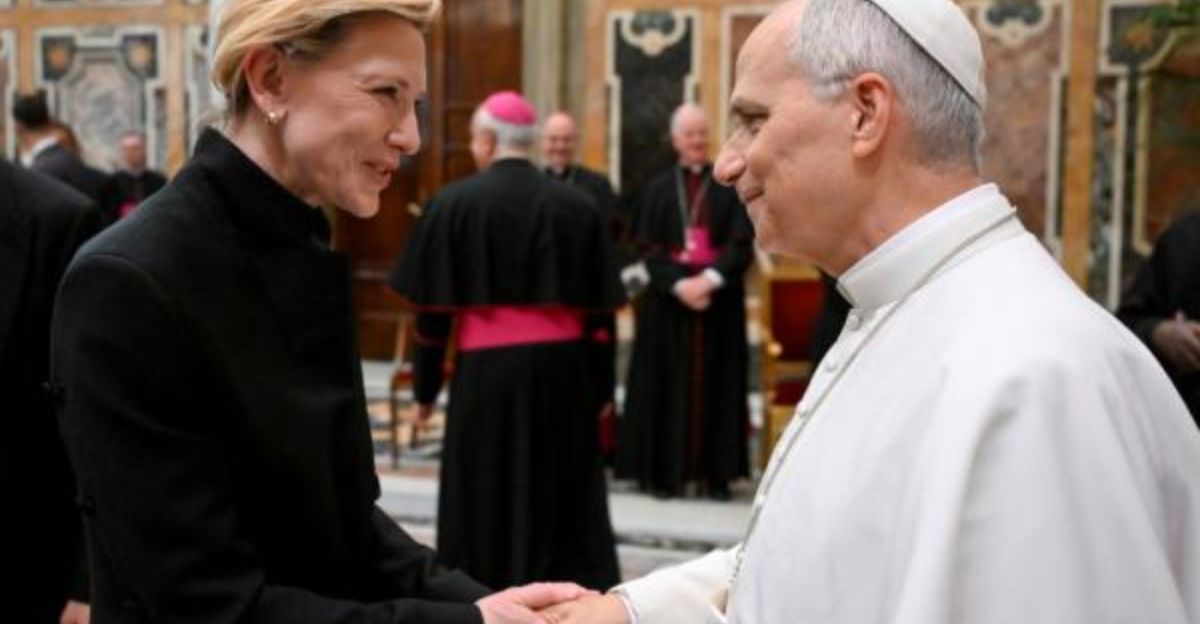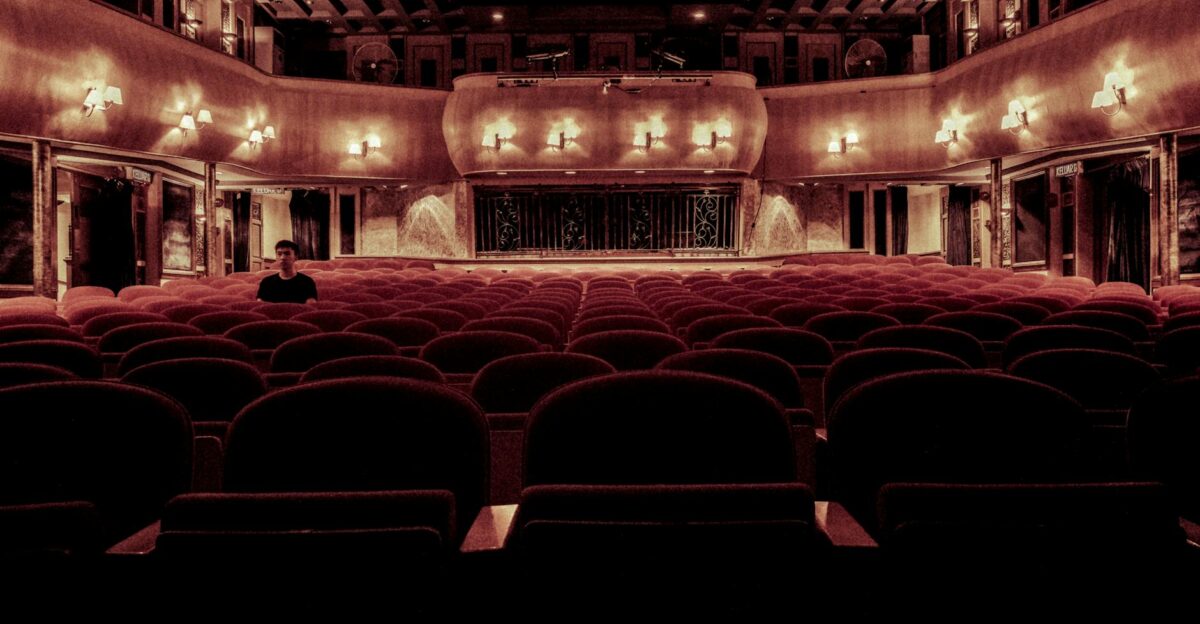A historic warning from Pope Leo XIV has captured global attention, as Hollywood confronts an unprecedented box office crisis. This summer, North American theaters saw revenues drop to $3.67 billion—the lowest seasonal total since at least 1981, even accounting for inflation.
By contrast, 2019’s annual haul hit $11.4 billion. From the Vatican, the Pope urged filmmakers to “resist the logic of algorithms,” stressing that prioritizing creativity over data-driven repetition is essential for the industry’s survival. The warning underscores the stakes not only for theaters but also for jobs and the cultural fabric of cinema. Here’s what’s happening next…
Pope Leo XIV: An Unprecedented Figure

Born Robert Francis Prevost in Chicago in 1955, Pope Leo XIV became the first American pontiff on May 8, 2025. A Villanova mathematics graduate, his years leading the Dicastery for Bishops in Rome, combined with experience in South America and Peruvian citizenship, shaped a globally minded, analytical approach to leadership.
His unique background now informs a perspective on Hollywood’s cultural influence, emphasizing the ethical and societal implications of algorithm-driven entertainment. As Pope, Leo XIV positions himself as a voice urging creative courage and the preservation of imagination in a data-dominated age.
Hollywood Responds to Vatican Appeal

On November 15, 2025, Pope Leo XIV met a high-profile delegation of stars and studio leaders—including Cate Blanchett, Spike Lee, Monica Bellucci, Chris Pine, Adam Scott, Viggo Mortensen, Judd Apatow, Leslie Mann, Greta Gerwig, George Miller, and Gus Van Sant—at the Vatican. Together responsible for billions in box office revenue, the group heard the Pope’s call to action: the “logic of algorithms tends to repeat what ‘works,’ but art reveals what is possible.”
He warned that over-reliance on AI threatens the breadth of human imagination and urged cinema to remain a force for hope and humanity amid turbulent times.
Box Office Collapse and Its Ripple Effects
North American box office revenue declined from $11.4 billion in 2019 to roughly $8.56–$8.75 billion in 2024, with the summer of 2025 marking the lowest seasonal revenue in over 40 years. The pandemic accelerated the closure of at least 5,700 screens across the U.S. and Canada, while major chains like Cineworld/Regal filed for bankruptcy.
Even internationally, chains such as South Africa’s Ster-Kinekor cited weak consumer spending in shuttering locations. The job toll has been staggering: cinema employment fell from 144,000 in early 2020 to approximately 53,000 by mid-2021, affecting direct, vendor, and support roles and exacerbating production slowdowns, particularly in Los Angeles.
The Algorithmic Shift: Streaming’s Impact

Streaming services now invest over $1 billion annually in AI-powered recommendation engines, directing viewers toward formulaic content while discouraging creative risk. Compounded by a compressed theatrical window—from 80–90 days pre-pandemic to 17–30 days in 2025—audiences increasingly skip cinemas. Ticket prices rising to $15–$25 or more in some cities further limit accessibility.
Consequently, North American moviegoers attend theaters only two to three times per year, down from 3.5 visits in 2019. The pressure to conform to algorithms has reshaped not just what gets made, but how audiences experience films.
Global Shifts and Theatres’ Future

The box office downturn has been uneven worldwide. Europe shows modest recovery, while the Asia Pacific anticipates growth. Meanwhile, audiences increasingly wait for streaming releases, diminishing the communal “event” of opening weekends.
This shift has weakened box office returns and destabilized the once-reliable workforces of exhibitors. The crisis signals that cinemas must adapt to changing consumer habits, with cultural and economic survival tied to their ability to create compelling, distinctive experiences that compete with the convenience of at-home viewing.
A Call for Cultural Resistance
In his address, Pope Leo XIV urged filmmakers to uphold artistic integrity and resist homogenization for algorithmic certainty. “Defend slowness when it serves a purpose, silence when it speaks, and difference when evocative,” he declared. He framed the collapse in moviegoing not just as an economic problem but as a threat to cinema’s cultural role.
By reclaiming storytelling as a workshop for hope, filmmakers can preserve a vital human connection in an era dominated by data, algorithms, and shifting audience habits. The Pope’s message is clear: creativity, not computation, must guide the industry’s path forward.